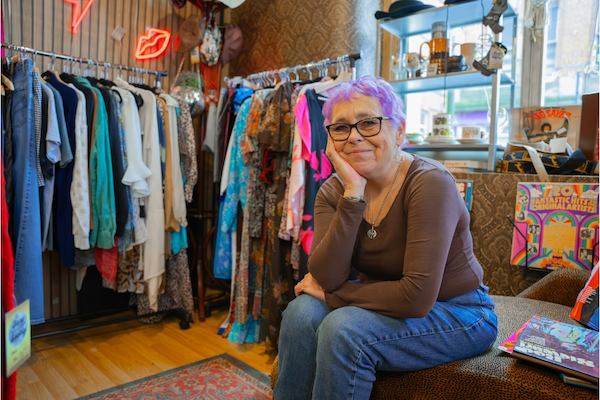Even imagining a 30-year-old me is quite alien. I wonder if I'll still be at Ageing Better in seven years' time. Or if I’ll have finally gained the ability to grow a beard. I guess if that's when I might be buying a house, I’d better save a tonne of money now and cut down on the avocados.
It's not a very long period of time, but I still don't feel like I'll have much in common with the future, possibly bearded me. I imagine much would have changed, both physically and mentally, so it doesn't seem right that I'd fully commit to associating myself with him. But should I? Should I be thinking about his interests, what he values, what his needs might be?
I also don't want to be one of those sluggish, heavily bearded, beer-bellied 30-year-olds, so I better reduce my sugar intake and get into a habit of staying healthy.
Those are all reasonable and attainable measures of planning, right? Even if I can't envision what my life will look like in seven years' time, it doesn't mean that I can't put steps into place to help older me out.


